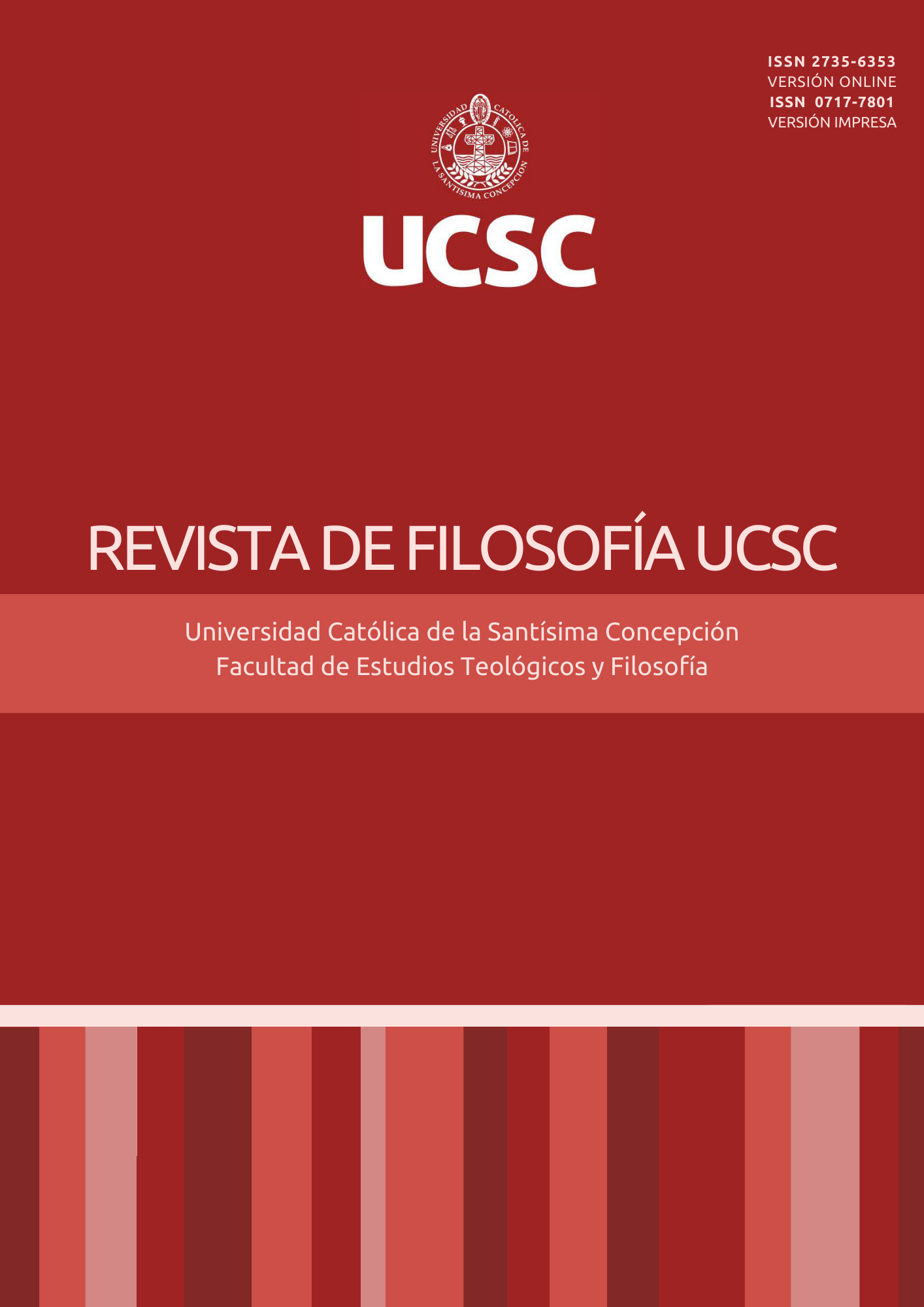Benoist, J. (2023). Elements of Realist Philosophy: Reflections on What Exists. Materia Oscura. 192 pages.
Main Article Content
Abstract
"Elements of Realist Philosophy: Reflections on What Exists" by Jocelyn Benoist, published in Spanish in 2023, is an essential contribution to the contemporary philosophical debate on realism. Benoist presents a contextual realism that does not approach reality as a general theory but as a critical method for clarifying the use of concepts. He argues that reality does not play a determining role in knowledge, and its ontological nature is what sets it apart, separating it from its epistemological function. Benoist criticizes relativism and highlights the importance of context in determining the value of statements. The author defends the idea that the social is an integral part of reality and not a subjective construction. The social is omnipresent, and social interactions are living expressions of the social. While norms, conventions, and institutions help interpret social reality, Benoist maintains that they are not part of reality itself. Benoist distances himself from conservative positions by not including norms in reality and emphasizes the importance of the social in understanding reality. Furthermore, he considers the political as an inherent structure of social reality, reflecting the internal order and management of society. In summary, the book offers an original perspective on realism and its relationship with the social, making a significant contribution to the current philosophical discourse.
Article Details
Section

This work is licensed under a Creative Commons Attribution-NonCommercial 4.0 International License.
The Revista de Filosofía UCSC is an open access journal and does not charge for publication. In addition, it regulates its Copyright and access policy according to the Creative Commons Attribution-NonCommercial 4.0 International Public License (CC BY-NC 4.0), therefore sharing (reproducing and distributing the material in any medium or format) and adaptation (modifying, transforming, and creating from the material) is allowed as long as proper credit is given and the citation is included with the corresponding data. Moreover, it is not allowed to use the material for commercial purposes.




